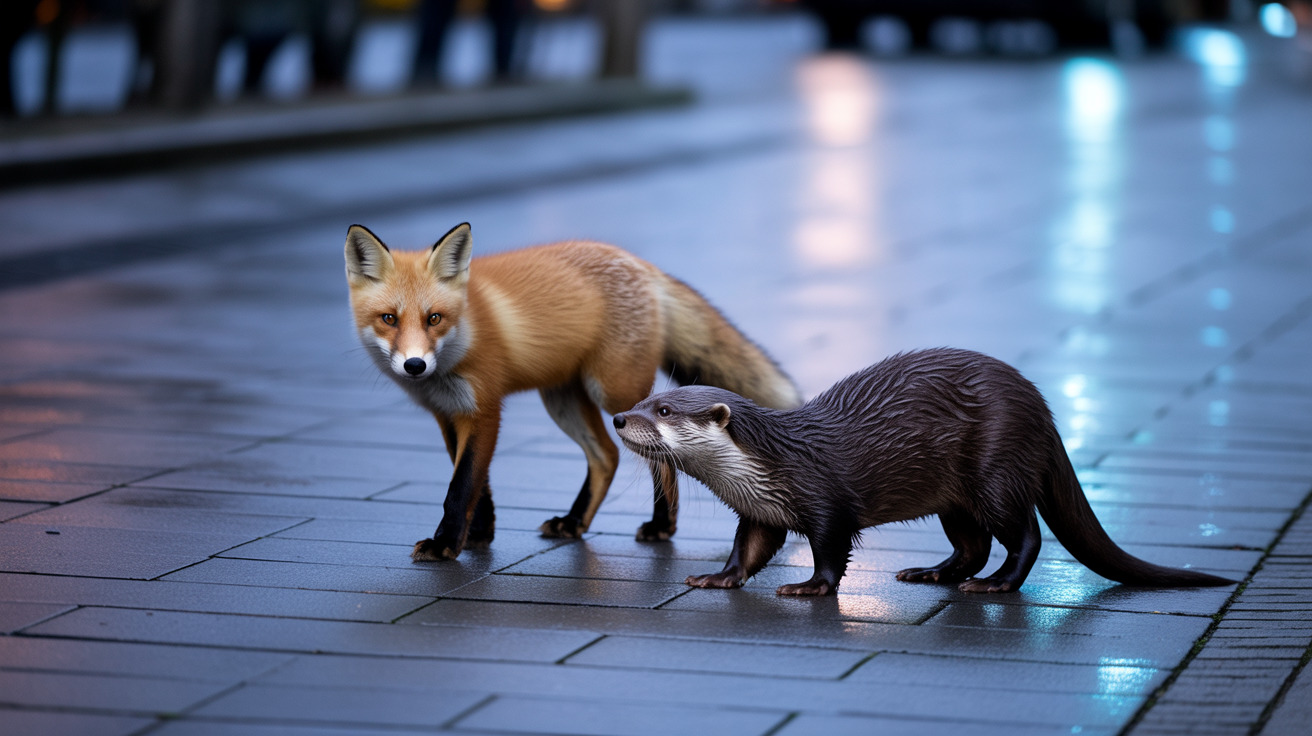If you've ever noticed your cat's strong reaction to peppermint, you're not alone. Cats universally hate peppermint due to their highly sensitive olfactory system and biological makeup. This natural aversion isn't just a matter of preference – it's deeply rooted in their physiology and serves as a protective mechanism.
Understanding why cats hate peppermint and other essential oils is crucial for pet owners, as these substances can pose serious health risks to our feline companions. Let's explore the science behind this aversion and learn how to keep our cats safe from potentially harmful exposures.
The Science Behind Cats' Peppermint Aversion
Cats possess an extraordinary sense of smell that's approximately 14 times more powerful than humans. This heightened sensitivity makes strong scents like peppermint overwhelming and unpleasant for them. The menthol compounds in peppermint oil trigger an intense sensory response that cats find particularly distressing.
Moreover, cats lack specific liver enzymes necessary to break down certain compounds found in essential oils, including those in peppermint. This biological limitation makes them especially vulnerable to toxic effects, reinforcing their natural instinct to avoid these strong scents.
Health Risks of Peppermint Exposure
While cats naturally avoid peppermint, accidental exposure can occur through various household products. Common sources include:
- Essential oil diffusers
- Air fresheners
- Natural cleaning products
- Aromatherapy items
- Topical pain relief products
When exposed to peppermint oil, cats may experience several concerning symptoms:
- Respiratory distress
- Drooling and vomiting
- Lethargy and weakness
- Liver problems
- Neurological issues
Safe Alternatives for Cat-Friendly Homes
Instead of using peppermint-based products, consider these pet-safe alternatives for your home:
- Cat-specific air fresheners
- Natural ventilation
- HEPA air purifiers
- Pet-safe cleaning products
- Mechanical pest control methods
Frequently Asked Questions
Why do cats hate the smell of peppermint oil?
Cats hate peppermint oil because their sensitive olfactory systems are overwhelmed by its strong menthol compounds. Additionally, their biological inability to process these compounds makes the scent naturally aversive to them.
Is peppermint oil toxic to cats and what symptoms should I watch for?
Yes, peppermint oil is toxic to cats. Watch for symptoms including drooling, vomiting, difficulty breathing, lethargy, tremors, and weakness. If you notice any of these signs, seek immediate veterinary care.
Can using peppermint oil diffusers at home harm my cat's health?
Yes, peppermint oil diffusers can harm cats. Even small amounts of diffused oil can cause respiratory issues and other health problems. It's best to avoid using any essential oil diffusers in homes with cats.
What should I do if my cat is exposed to peppermint oil or other essential oils?
If exposure occurs, immediately move your cat to fresh air. If the oil is on their fur or skin, wash with mild dish soap and warm water. Contact your veterinarian right away for further guidance.
Are there any safe alternatives to peppermint oil for homes with cats?
Yes, there are many safe alternatives including cat-specific air fresheners, HEPA air purifiers, and natural ventilation. Always consult with your veterinarian before introducing new products into your cat's environment.
Protecting Your Feline Friend
Understanding why cats hate peppermint is crucial for creating a safe living environment for your pet. By avoiding peppermint oil and other harmful essential oils, you can protect your cat from unnecessary distress and potential health risks. Always prioritize your cat's well-being by choosing pet-safe alternatives for home fragrance and cleaning needs.






